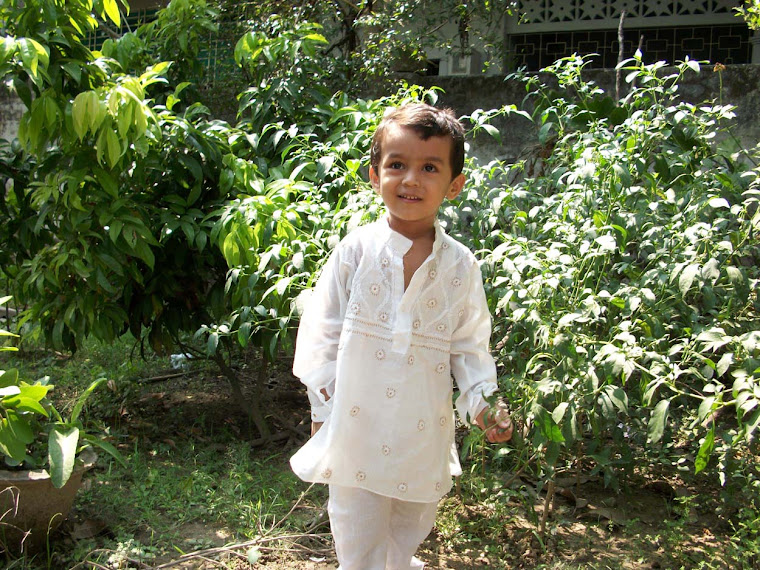 |
| (Photo : ANP) |
Radio Netherlands, 22 September 2011, Climate change: rising sea levels, an increase in the number of cyclones, tsunamis and other natural disasters. Yes, we know all about that now, but scientists still cannot agree about climate change. Some people are already victims of climate change but they have nowhere to turn because legally they do not exist.
An example
There are nomads in Ethiopia and Somali who are forced to cross man-made borders in their search for food for their herds. They don't see climate change as their biggest problem; it's the governments who deny them access to food and water sources and markets for their produce.
Bangladeshi climate negotiator Muniruzzaman is calling for a legal framework to protect climate change victims: “If we don’t do anything, these people will be stateless; they’ll have no legal status and no country will be obliged to do anything for them if something happens.”
According to legal expert Wybe Douma, hundreds of millions of people could be forced to flee: “We can argue about the precise number of people affected by climate change forever, but there is a problem and a solution to that problem has to be found.” He adds that climate change victims are sent from pillar to post at the moment.
A second example
In
Malawi, some villagers are forced to choose between the dangers of flooding and a shortage of drinking water: they have to flee from the rising water levels but are then forced to return because they have no access to clean drinking water.
www.rnw.nl/africa/article/malawis-climate-change-refugees)
According to the United Nations, refugees are people who have been forced to flee their countries due to political considerations. Climate changes are not mentioned. The UN refugee agency UNHCR is not in favour of any expansion of the definition of refugee; they don’t have the money and the situation for climate migrants is different.
Internally displaced
It is possible that existing regional and international guidelines governing aid to victims of natural disasters and the protection for people in emergency situations will be of use to this new type of refugee. Alex Flavell from the International Organisation for Migration (IOM): if the existing rules are properly applied, then that will go a long way.”
A third example
Bangladeshis forced by flooding ever closer to the Indian border? Experts predict about 20% of the country will be flooded if sea levels continue to rise. This will force between 30 and 35 million people to flee their homes.
The final communiqué issued by the Cancun climate conference in 2010 offered a tiny opening: countries were invited to increase cooperation in cases of 'climate change induced displacement, migration and planned relocation'. In July of this year, the UN Security Council acknowledged that climate change could 'lead to conflicts'.
But what is cause and what is effect? Water shortages and other climate problems frequently go hand-in-hand with conflict and migration. The IOM’s Alex Flavell: "It’s always far more complex than scarcity equals conflict equals migration.”
Small steps
In short, it’s very complicated problem. However, small steps towards solving this complicated issue are being taken. The UNHCR, but doesn’t want to be responsible for climate migrants, is working on guidelines for cross-border displacement caused by natural disasters.
Ingrid Boas, who is writing her dissertation on the issue, says a structural solution is necessary because it’s a structural problem:
“At the moment it’s all ad hoc; something happens and organisations respond. That’s why it would be good if there was a structural plan and people could work to prevent things getting out of hand. At the moment, there’s too much talking and too much arguing and not enough helping the victims. And that is absolutely not fair.”
(Source : Radio Netherlands Worldwide)








